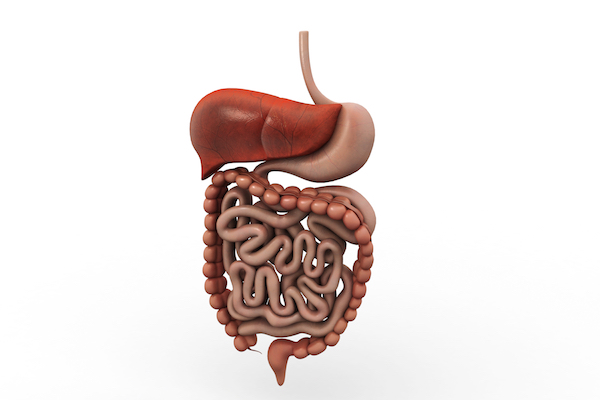Controlling Inflammatory Bowel Disease using Diet not Drugs
Inflammatory Bowel Diseases (IBDs), which include both Crohn’s disease (CD) and ulcerative colitis (UC), are complex autoimmune diseases of the digestive system. As discussed in previous articles, the evidence base suggests that autoimmunity is caused by a combination of genetics, environmental challenges (diet, toxic load, stress, viral and bacterial load) and imbalances in the balance of the bacterial species of the gut (dysbiosis). The standard medical approach to managing IBDs is to suppress the immune system using steroids or anti-inflammatories, which can not only increase the risk of infections but may often also deplete vital nutrients from the body. Response rates to these medications are also often sub optimal.
The standard Western diet is both high in refined carbohydrates, rancid fats and low in fibre and nutrients. The Autoimmune Paleo (AIP) protocol (a more restricted form of the Paleo approach) often used as the basis of a dietary intervention to help clients with autoimmunity regain control of their health; temporarily eliminates gluten, grains, dairy, nuts and seeds, legumes, nightshades, eggs, food additives, sugar, tea, coffee and alcohol. The focus is on providing the body with nutrient dense whole foods, consisting of fish/meats, fruits, vegetables, herbal teas, meat stocks, bone broths and water. The rationale is to remove the foods that can often trigger inflammation. It is also important to include other life style modifications, as part of the overall strategy, including stress and toxic load reduction and appropriate forms of exercise.
The results of a small study published in the journal of Inflammatory Bowel Diseases 2017 called ‘Efficacy of the Autoimmune Protocol Diet for Inflammatory Bowel Disease’, tracked the progress of 15 patients with active IBD, that had been living with this condition for an average of 19 years. Half of the participants were actively using prescribed medications.
The results of this study were remarkable – ‘clinical remission was achieved at week 6, by 11 out of 15 (73%) of the study participants’. The study then goes on to say that ‘remission by week 6, rivals that of most drug therapies for IBD’, without of course the side effects.
Clinically I have experienced a significant proportion of clients with IBD regain control using a personalised dietary and supplementation approach. It is extremely reassuring to see such an unusual study validate this approach.


 RT
RT 

Leave a Reply
Want to join the discussion?Feel free to contribute!